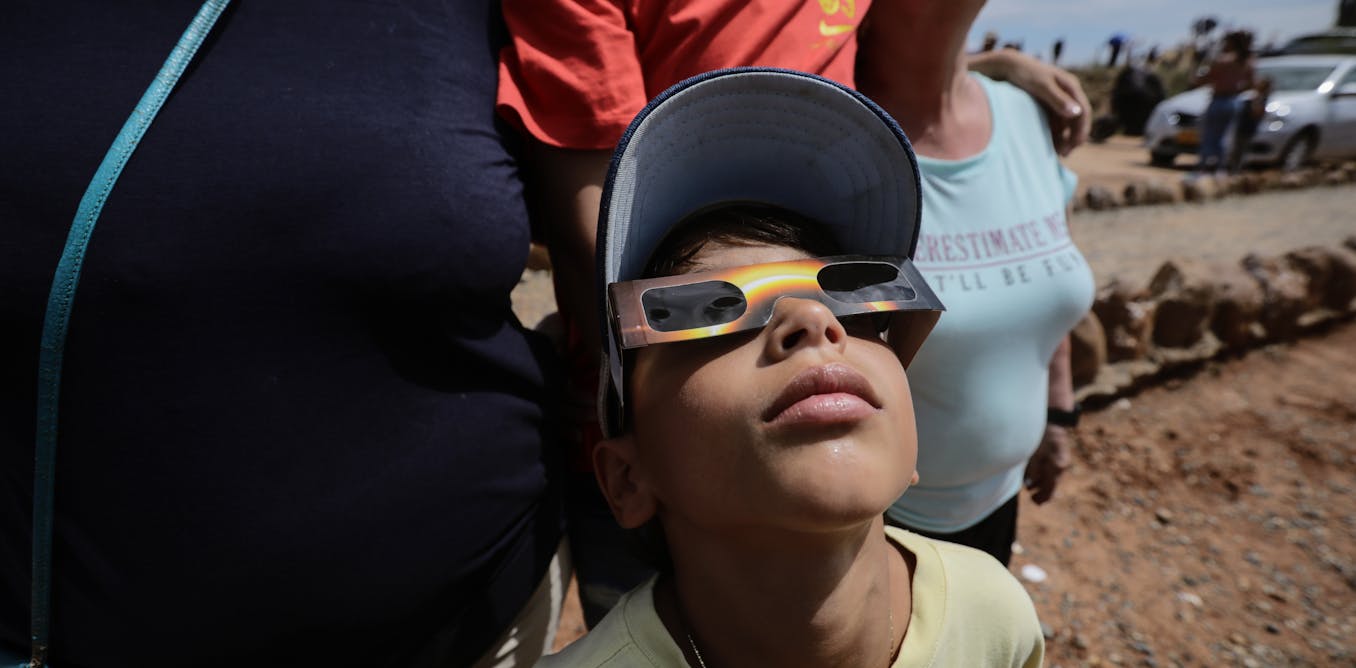1. How to Use the Solar Eclipse to Inspire Your Child’s Interest in Science 2. Enhancing Your Child’s Scientific Knowledge Through the Solar Eclipse 3. Creative Ways to Use the Solar Eclipse as an Educational Tool for Children
 When the Moon passes between the Sun and the Earth on April 8, 2024, it will represent a rare astronomical event that won’t take place for another 20 years – a total solar eclipse. For parents and educators, at least those who live along an arc of land from Texas up through Indiana and Maine, it offers a unique and memorable learning opportunity.
As STEM researchers at Purdue’s Center for Early Learning, we suggest three ways to make the total solar eclipse a fun experience for young children and teach some important science along the way.
1. Discuss historical versus modern understandings of eclipses
It is important that children l......
When the Moon passes between the Sun and the Earth on April 8, 2024, it will represent a rare astronomical event that won’t take place for another 20 years – a total solar eclipse. For parents and educators, at least those who live along an arc of land from Texas up through Indiana and Maine, it offers a unique and memorable learning opportunity.
As STEM researchers at Purdue’s Center for Early Learning, we suggest three ways to make the total solar eclipse a fun experience for young children and teach some important science along the way.
1. Discuss historical versus modern understandings of eclipses
It is important that children l......
Read Full article on GretAi
Comments
Post a Comment